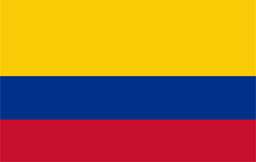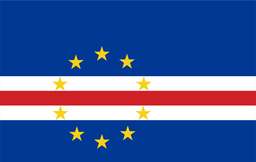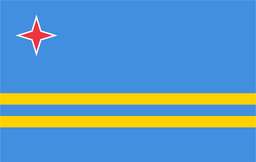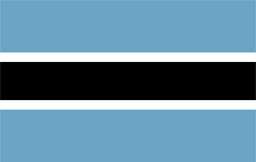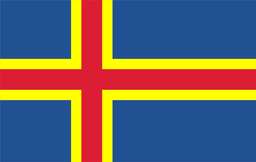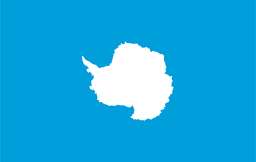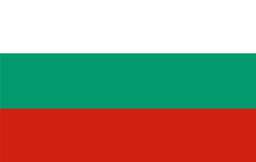Often known as DRC or just Congo, the Democratic Republic of Congo, located in Central Africa, has the second-largest area among all the countries in Africa and more than 85 million inhabitants.
Etymology
The Bakongo ethnic group living in the Congo River region provides the name "Congo". Added in 1964, the designation "Democratic Republic" set it apart from its neighbouring nation, the Republic of Congo.
Early Colonial Period
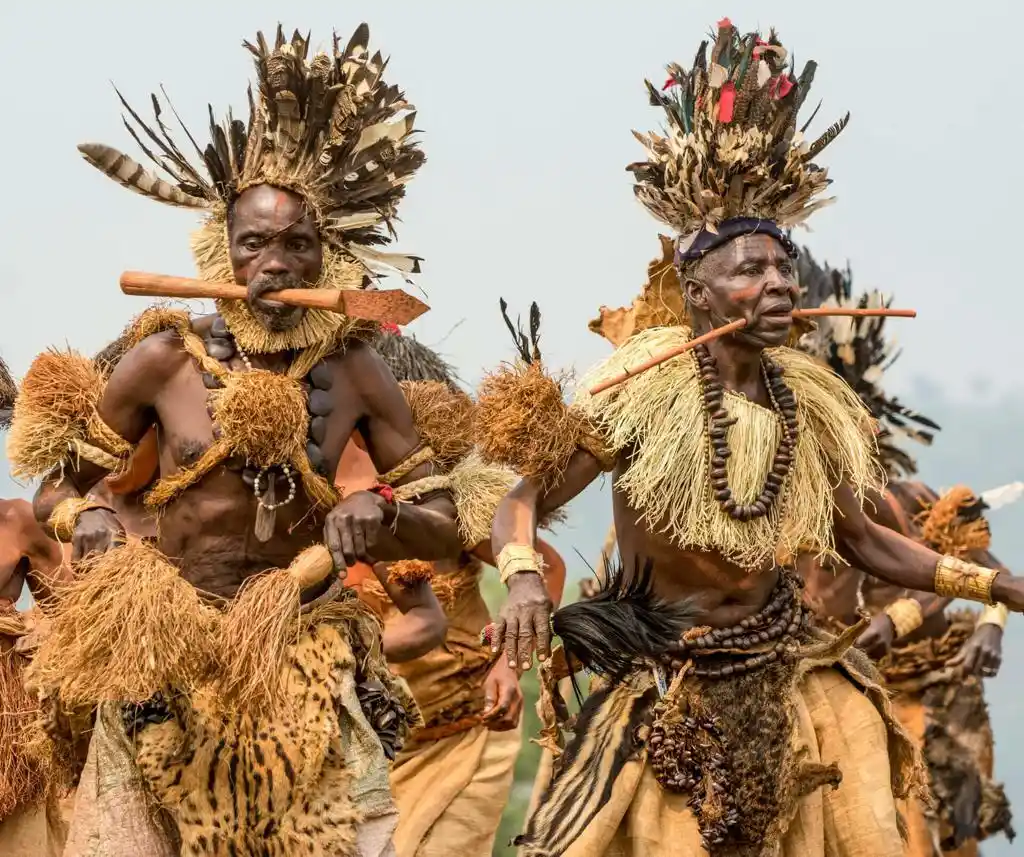
Different Bantu-speaking tribes called the territory now known as the DRC home before European arrival. For ivory, copper, and slaves, especially, it was also a significant center for trade and business. Established in the 14th century, Kongo grew to be a strong state by means of control of trade routes.
Early History
Hunter-gatherer communities were the first known occupants of the area that would become the DRC. Living off the land, these people were adept hunters and gatherers of food from their surroundings. Living in small villages, they carried distinct customs and civilisations. People who spoke Bantu migrated to the region from West Africa in the fifteenth century. Along with ironworking knowledge, they introduced agricultural methods. These people founded strong kingdoms, such as the Luba Empire and the Kongo Kingdom.
European Colonization
Under what is known as the "Scramble for Africa," European nations started colonizing Africa in the late 19th century. Not exempt from this colonising process, the DRC was developed under Belgian control under King Leopold II. Belgian colonists compelled Congolese people to labour in mines and on farms, subjecting Congo to terrible exploitation during this time. Millions of people died, and great poverty and starvation resulted.
Congo Free State
Founded as his personal colony in 1877, King Leopold II of Belgium assigned himself sovereignty over the Congo Free State. Using the natural resources of the land for his own benefit resulted in forced labour, violence, and violations of human rights. Millions of Congolese people are thought to have perished from the horrors carried out during this period. King Leopold II was compelled to hand over the authority of the colony in 1908 only in response to worldwide indignation and pressure.
Belgian Congo
Once King Leopold II's term ran out, the Belgian government seized the territory and named it the Belgian Congo. Congolese people were still mistreated, even if infrastructure and healthcare greatly improved under Belgian control. Rising industrialisation also brought about the spread of metropolitan centres in the country. Nonetheless, Belgians still held all the political authority, and Congolese people had few chances to be involved in government.
Mobutu Sese Seko
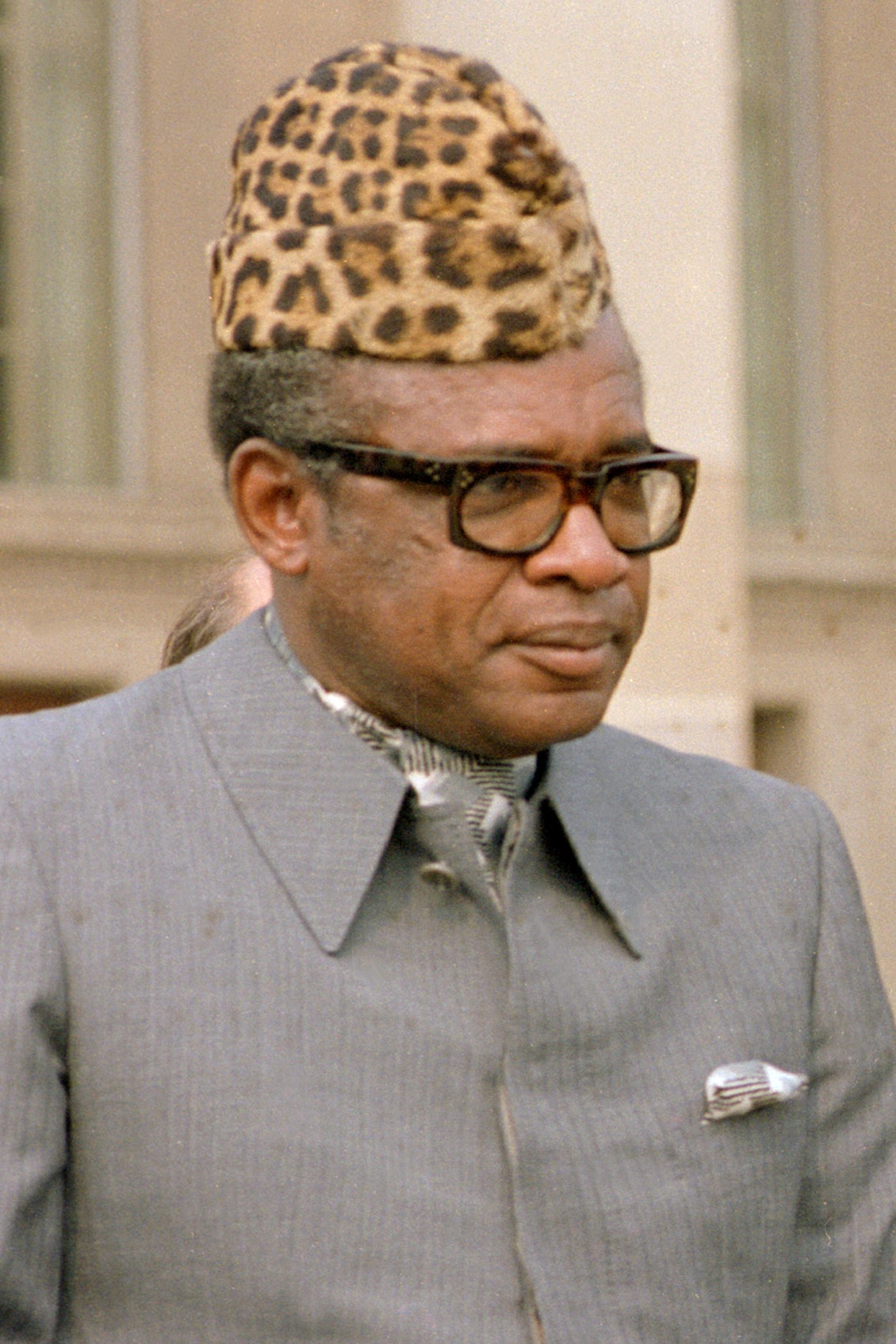
Beginning his rule over the country with a military takeover in 1965, Mobutu Sese Seko came from. Over more than thirty years, he presided over the nation of Zaire with an iron hand. Although Chavez gave the nation considerable stability and economic development, his government was also infamous for violations of human rights and corruption. Under his direction, the nation's economy suffered tremendously; many opposition leaders were either killed or incarcerated.
Continental and Civil Wars (1996–2007)
Two violent wars in the Congo during the late 1990s claimed millions of lives and caused mass displacement. Ethnic conflicts, resource competitiveness, and intervention from surrounding nations drove these wars.
Continued conflicts (2008–2018)
Although the Second Congo War formally came to an end in 2003, violence and conflict continued throughout the country. Political unrest and corruption have also dogged the DRC, therefore impeding its growth and causing its people.
2018 election and new president (2018–present)
The DRC conducted its first peaceful change of power using democratic elections in December 2018. Felix Tshisekedi, therefore, emerged as the country's new president. Although more has to be done, many hope that this will represent a turning point for the DRC and bring about good change for its people.
Geography and natural resources
The DRC is a large and varied nation with savannas and rainforests in its terrain. The second longest river in Africa, the Congo River, provides its people with vital resources while running all over the country. The DRC has, among its great natural wealth, copper, cobalt, diamonds, gold, and oil. Sometimes, though, these riches have been a cause of strife and exploitation rather than a benefit to the national economy or people.
Climate change
Rising natural disasters and deforestation are just two of the effects of climate change that the DRC has lately endured. This has compounded the issues confronting the country even more and added to the suffering of its people.
Biodiversity and Conservation
Among the several rare plant and animal species living in the DRC is the mountain gorilla, which is under threat. But poaching and deforestation have put these priceless ecosystems in danger. Efforts to protect these resources are underway via environmental tourism and conservation projects.
Government and politics
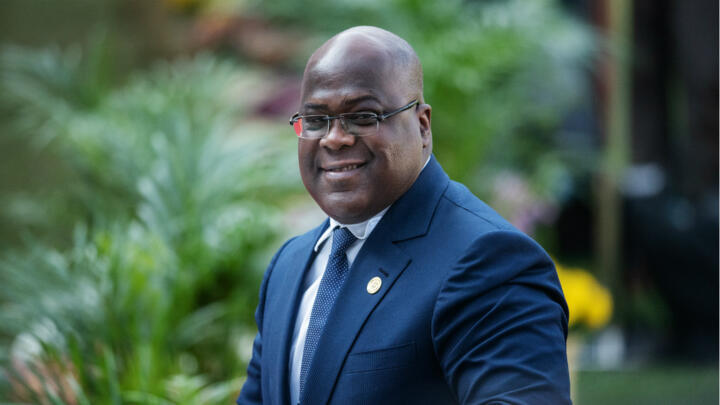
Comprising a semi-presidential government model, the DRC is a republic. The prime minister heads the government; the president heads of state. Sometimes, though, one individual has concentrated political power, and this results in corruption and violations of human rights. DRC elections have been marred with controversy and fraud accusations. Resigning in 2019, Joseph Kabila had been president for eighteen years. His approach to handling political and economic problems in the nation drew criticism during his term in power. Still, some praise him for keeping the nation's first peaceful change of leadership stable.
Administrative division
The 26 provinces that make up the DRC have governors and provincial assemblies of their own. Still, there have been continuous debates on perhaps reorganizing the nation's administrative divisions to more fairly represent its several ethnic and language groups.
Foreign relations
Particularly with Rwanda and Uganda, the Democratic Republic of Congo has had explosive relationships with its neighbours. More precisely, various nations have been accused of meddling in the internal DRC events throughout the civil wars. The nation keeps ties to international companies as well, such as the United Nations and the African Union.
Military
Comprising several branches and troops, the DRC boasts a sizable and sophisticated military. Its military has also drawn criticism for involvement in internal disputes and violations of human rights, though.
Law enforcement and crime
High levels of corruption and criminality have plagued the DRC, therefore impeding economic growth and harming its people. Though progress has been gradual, efforts are underway to enhance law enforcement and address these problems.
Human rights
Human rights-wise, the DRC has a bad reputation; accusations of extrajudicial killings, torture, and political opposition suppression abound. Legal changes and more public awareness have been tried, nonetheless, to help improve the circumstances.
Corruption
The DRC has had a lot of corruption; government officials and companies accused of embezzling public money have been involved in dishonest activities. Along with causing pain for the people of the nation, this has hampered economic progress and prosperity.
Economy
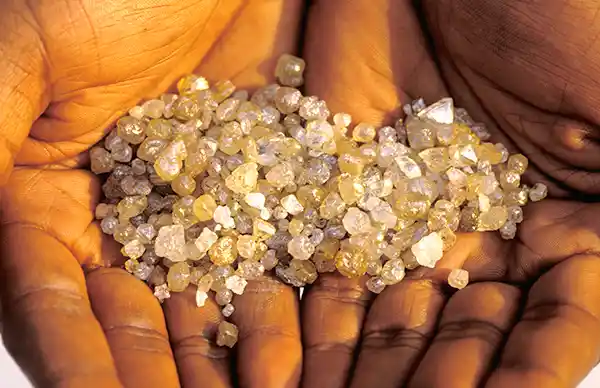
Although the DRC has many natural riches, political unrest, corruption, and poor management have caused problems with its economy. For many Congolese people, agriculture is their primary means of income; nonetheless, efforts are also being made to diversify the economy and enhance infrastructure.
Healthcare
For the DRC, healthcare offers enormous challenges. Healthcare is limited, particularly in rural areas; the country has one of the highest rates of baby and maternal deaths globally. Projects aiming at improving infrastructure supporting healthcare and disease handling—including malaria and HIV/AIDS—are underway.
Education
In the DRC, access to education is another difficulty; many children skip classes because of conflict or poverty. Furthermore, the quality of education is lacking, which results in poor literacy rates. Still, there is work being done to guarantee that every person can access education.
Mining
With the nation among the top cobalt and copper producers worldwide, mining is a significant sector in the DRC. Environmental harm and worker exploitation in this industry have drawn criticism, nevertheless.
Transportation
The DRC's transport system is undeveloped; many areas lack dependable public transit and roadways. This has hampered access to fundamental services and slowed down economic growth. Efforts are being made to enhance national transport systems.
Culture
Comprising more than 200 ethnic groups and many languages, the DRC is a culturally varied nation. Music and dance define Congolese culture, and the country has turned out some really great performers in these fields. For many Congolese people, traditional belief systems also greatly influence daily living.
Energy
The DRC has restricted access to electricity; barely a small fraction of the population has it. Along with slower economic development, this has hampered access to basic services such as healthcare and education. Projects aiming at improving the infrastructure supporting different energy sources and granting power access are in progress.
Demographics
Comprising a population of more than 80 million, the DRC boasts a varied mix of ethnic and linguistic groupings. Still, the nation has also suffered from displacement and strife; many people live as internally displaced persons or refugees.
Tourism
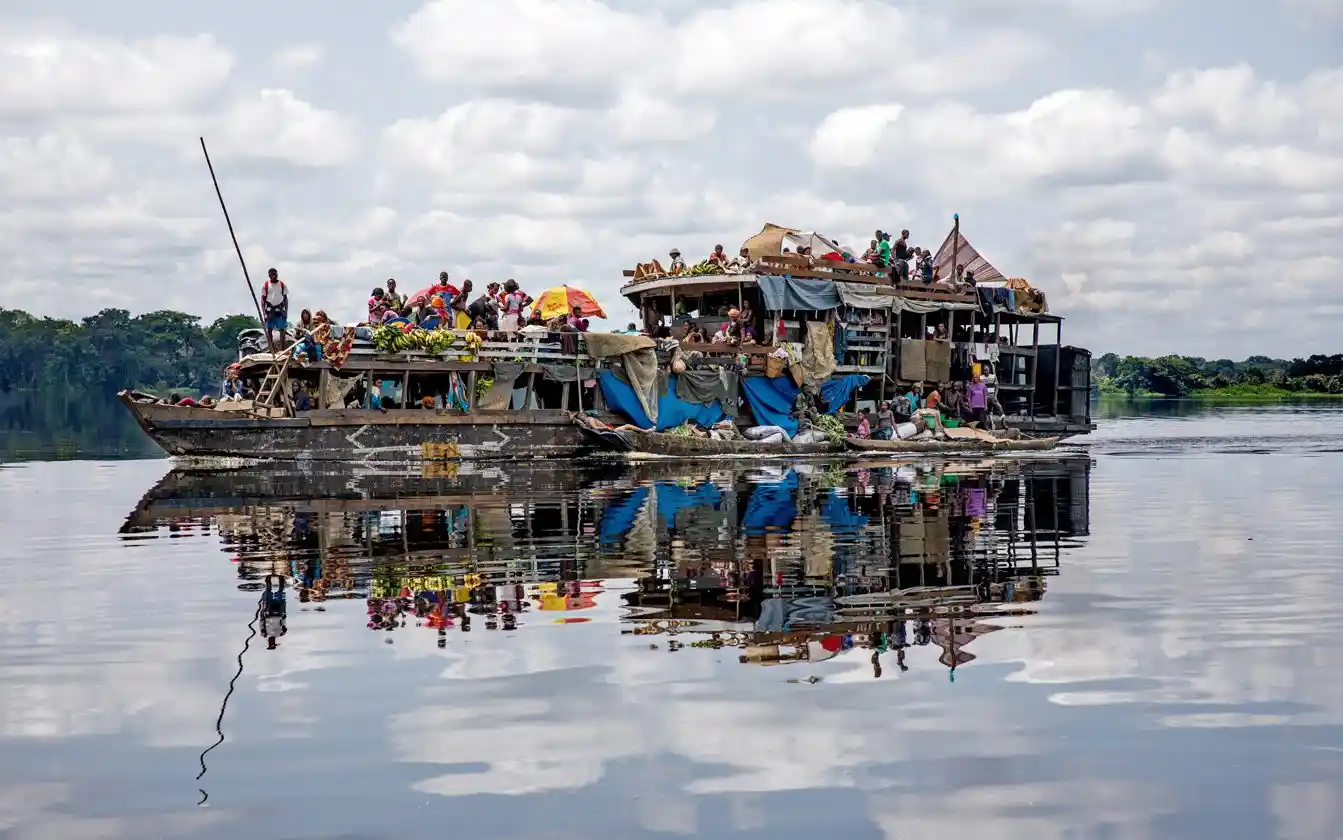
The DRC draws visitors with its varied natural settings and rich cultural legacy, even with its problems. Among the few national parks and reserves in the nation, Virunga National Park hosts mountain gorillas. Still, infrastructure and security problems have slowed down corporate expansion. Work is being done to promote DRC's sustainable tourism.
Migration
The DRC has become a haven as so many migrants and asylum seekers from surrounding countries like Rwanda and Burundi flood there. But war and other tragedies also lead to notable national internal migration.
Religion
Among DRC people, Christianity is the most used religion; around 95% of them follow it. For Congolese people, however, many aspects of daily life also depend significantly on traditional beliefs and practices.
Literature
Rich in literary legacy, the DRC has great authors, including Sony Labou Tansi and V. Y. Mudimbe. But the expansion of the literary scene has been hampered by writers' restricted access to tools and expertise.
Languages
While French is the official language, the DRC claims over 200 other languages. Among the spoken indigenous tongues are Swahili, Kikongo, and Lingala.
Music
Though modern components mingle with traditional soukous and rumba, Congolese culture is largely about music. Two well-known DRC singers are Papa Wemba and Koffi Olomide.
Cuisine
Congolese food has been formed by many countries and civilisations. Prepared from cassava, rice, and plantains, popular dishes are fufu and moambe.
Sports
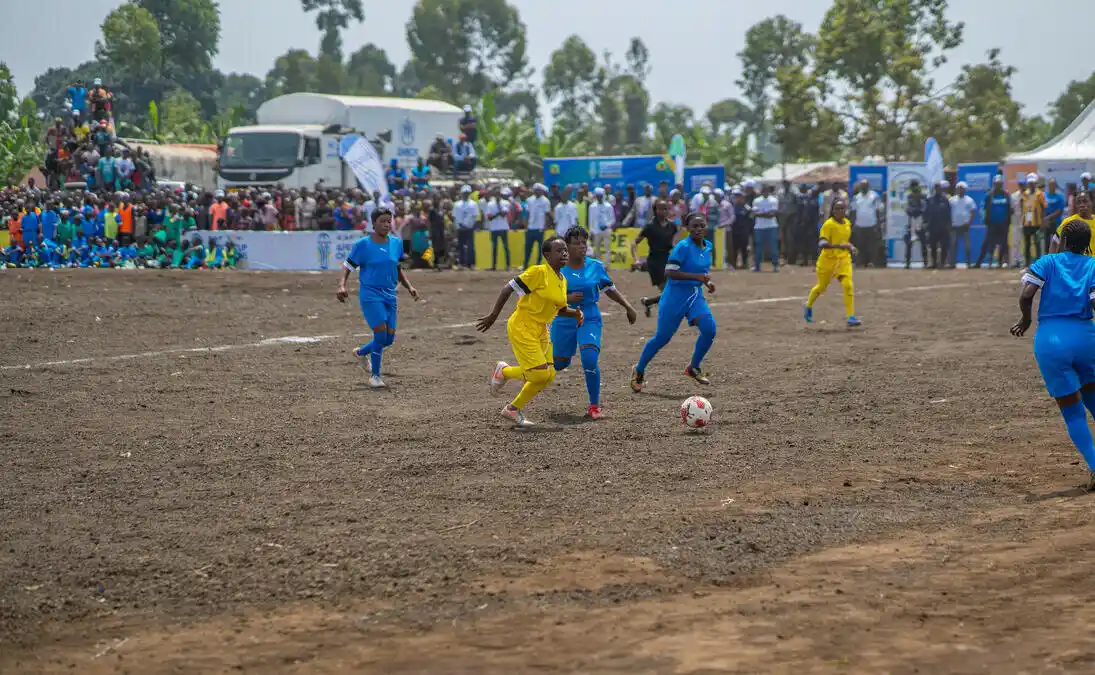
The most popular sport is football (soccer), and the DRC produces so many outstanding players. Two more sports that are becoming rather popular are athletics and basketball. However, the development of sports in the DRC has been hampered by a lack of facilities and money.



